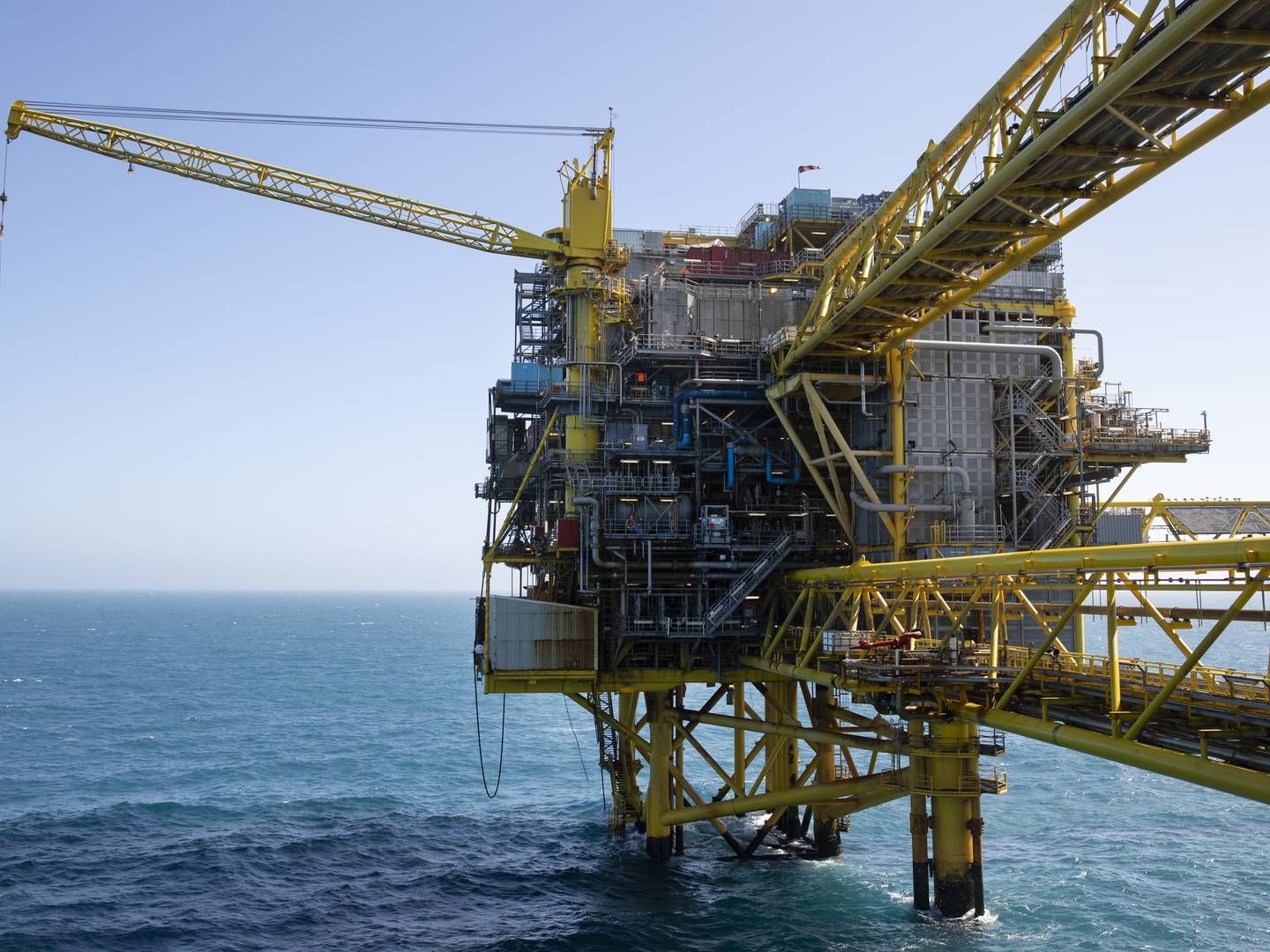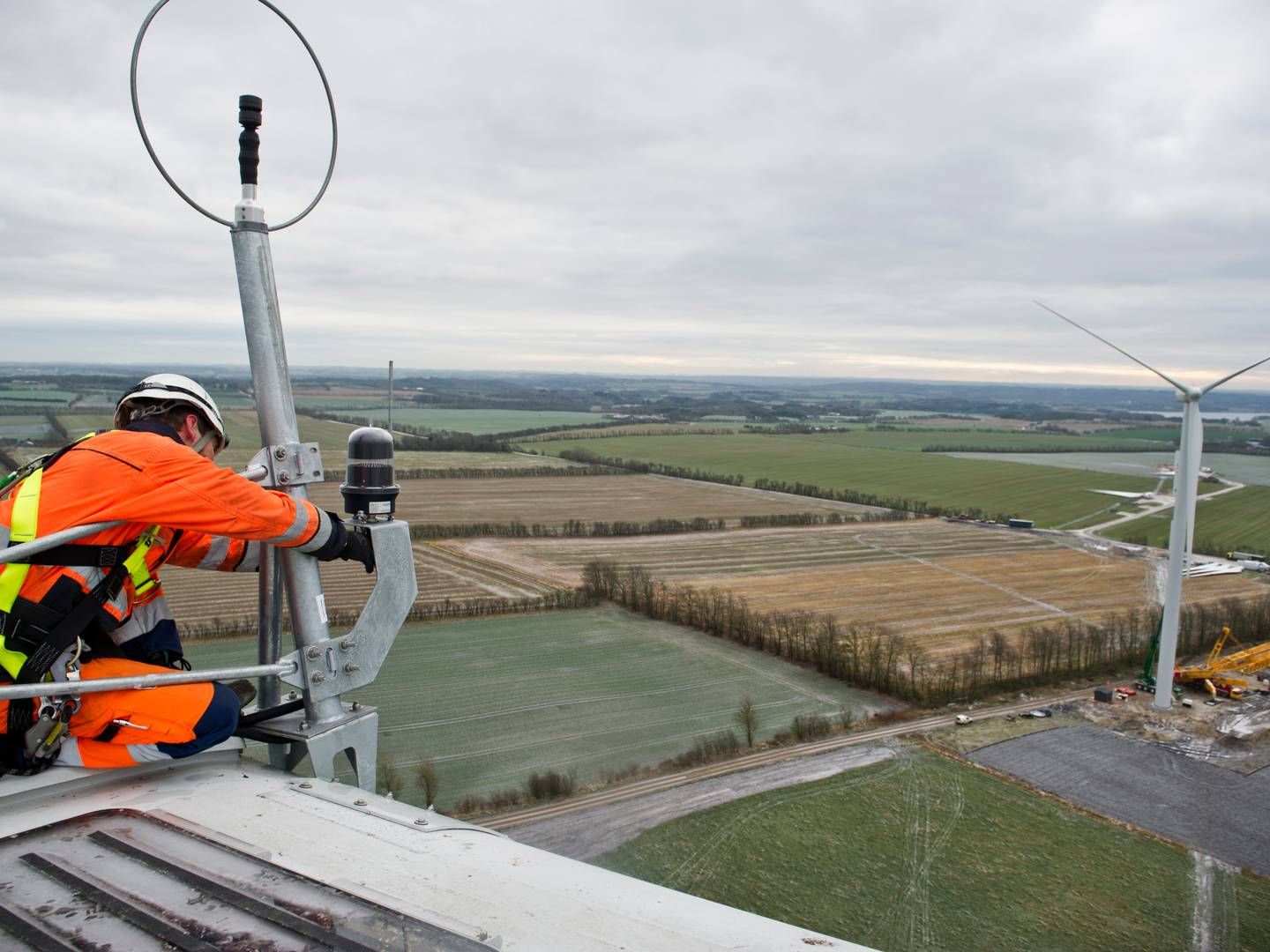Oil industry's funding sources are drying up

Some days are not worth waking up for, and Thursday, Oct. 10, 2019, was on that list – for the CEOs of the world's biggest oil firms, at any rate.
The front page of British daily The Guardian was in all yellow with the header: "Revealed: the 20 firms behind a third of all carbon emissions." The article starts with the following sentence:
"The Guardian today reveals the 20 fossil fuel companies whose relentless exploitation of the world’s oil, gas and coal reserves can be directly linked to more than one-third of all greenhouse gas emissions in the modern era."
The article is based on a report from the Climate Accountability Institute in the US, which is described as "the world’s leading authority on big oil’s role in the escalating climate emergency".
Specifically, the report's accusation says that the 20 oil companies, of which 12 are state-owned, have since 1965 been responsible for the emission of 480 billion tons of CO2 equivalents, or 35 percent of all greenhouse gas emissions during the half century covered by the report.
Whether the numbers are correct is for science to establish, but it's likely that the 20 companies have since produced an amount of oil, natural gas and coal that, when burned, have released the aforementioned amount of CO2. A concession made by the majority of participants in this year's Oil & Money conference in London, arranged by Energy Intelligence. But the agreement stops here.
"We do not decide whether you will travel by plane next week or not, just as we do not decide whether you will go on a two-week cruise in the Caribbean. We produce the oil that is refined into the fuel used in planes and ships, but we cannot force anyone to buy it or decide if it will be used for more or less plausible purposes," says Amin Nasser, president and chief executive of state-owned Saudi Aramco.
Aramco is number one on the list, and as the company commanding the world's two largest oil fields and producing the most oil, it can hardly be any different, given the premise behind the list.
The oil industry, broadly understood, has been notoriously unaccomodating in providing data.
In many countries with state-owned oil firms as sole operators, these data have been classified as state secrets. This is not the case anymore, but a great deal of the world's oil and natural gas is traded in a closed circuit without direct transparency regarding pricing, product quality and other matters.
That is why BP's annual Statistical Review of World Energy has been the only collected, freely available data set. As mentioned, this has been the case since 1965, and it has been noted that the Climate Accountability Institute's report has this year as its starting point, since 1965 was no special year in the fossil era.
Regardless of whether accountability lies with the fossil industry for CO2 emissions from fuels it extracts or with consumers, the emissions have taken place and contributed to climate change.
Precisely this fact now represents the oil industry's biggest challenge.
The privately owned, listed oil companies have historically been good investments. Not least because they – even in times of crisis – have paid dividends not yearly, but quarterly. Particularly in these times with negative interest rates, this should be a sales argument, but a rising number of institutional investors are opting out of the fossil industry.
It has not gone unnoticed that the Norwegian parliament decided in June that the Norwegian Sovereign Wealth Fund would divest bonds and shares worth about EUR 12 billion, issued by small and mid-sized companies in oil and gas exploration, instead investing EUR 18 billion in companies working with renewable energy.
The fund will, however, not sell its stock in major international oil companies, which might also be seen as hypocrisy, since the fund's earnings stem from oil and gas extraction in the North Sea.
The market value of the fund's investments is currently about EUR 964 billion.
The wealth fund is not alone in opting out.
Other institutional investors are doing the same, and this increasingly happens with the explanation that there are no international standards for measuring companies' greenhouse gas emissions or how well a company is living up to the UN's Sustainable Development Goals.
"We support the efforts to limit global the temperature increase to 1.5 degrees Celsius, just as we support the UN's Climate Accord, but we just have to say that there are 1,000 paths we might take to deliver our contribution," asserts Bob Dudley, group CEO at oil firm BP.
"I have frequent meetings with institutional investors, and some recommend that we invest more in renewables, as this might partly be good business, partly contribute to reducing BP's climate footprint. The next day, I might meet other investors who think we should keep to oil and natural gas. If they want to invest in renewable energy, they will do it directly and not use BP as a proxy. It's not easy," he adds.
For investors, the most important task today is to be able to survey and price the risks represented by investments in the fossil industry.
The Financial Stability Board (FSB), established by the G20 countries, have developed the standard Task Force on Climate-related Financial Disclosures (TCFD), but have not made a political decision that the fossil industry must report in accordance with these norms.
The biggest fear among investors is to become co-owners of so-called "stranded assets", that is, deposits of oil and natural gas that will end up staying in the underground forever because it would not be financially or politically feasible to extract them due to climate change and sustainability goals.
Reputation is also a significant factor, according to James Sleeman, head of energy investment banking in the Middle East and Europe at Bank of America Merrill Lynch.
"If, for example, a pension fund sees a risk of being impacted by climate activists because it invests in the oil industry, it will most likely choose to invest in renewables instead. In practice, this means that the oil industry from now on will not only have to create value, but also green value, and this is no small challenge in that trade," says Sleeman.
Mohammed Barkindo, secretary general at the Organization of the Petroleum Exporting Countries (OPEC), warns against the consequences of this development:
"Toward 2040, the world economy is expected to double, the number of people to rise to 9.2 billion and the global energy consumption to increase by 33 percent. Growth in renewable energy is very strong, but by 2040, it will only cover one fourth of global energy consumption, in the best-case scenario," he underlines, continuing:
"Regardless of what some might think, our civilization is an oil civilization, for good and bad. Huge investments are needed decades into the future to ensure stable supply, and if institutional investors now withdraw, through a mix of fear and political correctness, the consequence could be high energy prices in the coming decade, which will impact developing countries in particular."
Investors' distancing to the oil industry can be measured directly.
"This year in the S&P 500 stock index, the energy sector lost 2.8 percent in value, while the index as such rose by 15.4 percent. Not only has the energy sector been the most badly developing sector this year, but it is also the only one with an actual negative development," says Niels Kirk, CEO at consultancy Kirk Lovegrove & Company, adding:
"The negative development is only partially explained by low oil prices. A not insignificant part of the drop must be attributed to other factors, including, not least, the oil industry's awkward situation, in that it needs to accommodate the world's need for oil and natural gas, while these fuels are made responsible for the main part of climate change."
English Edit: Jonas Sahl Jørgensen
Danish government could call off oil hunt free of charge
Total CEO scolds politicians: "Get it together!"
Maersk Drilling CEO expects upturn despite macro slump forecast
Related articles
Danish government could call off oil hunt free of charge
For subscribers
Total CEO scolds politicians: "Get it together!"
For subscribers


.jpg)


















.jpg&w=384&q=75)



